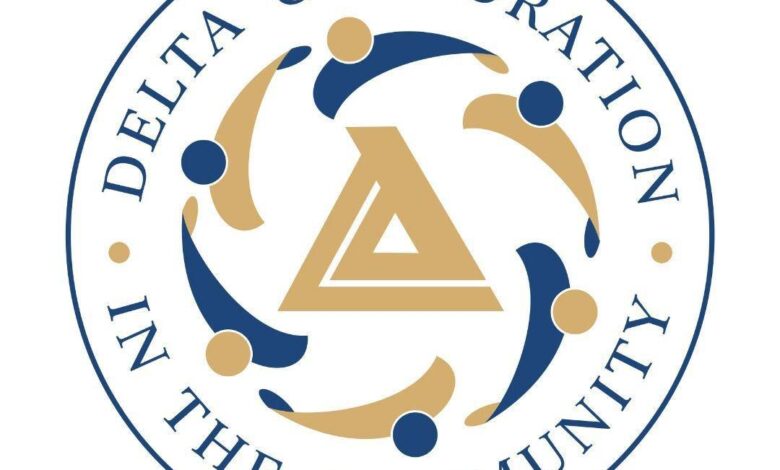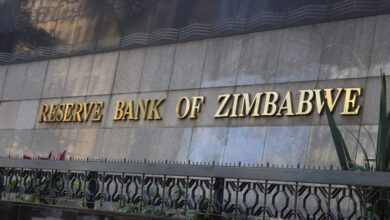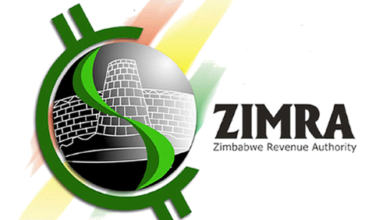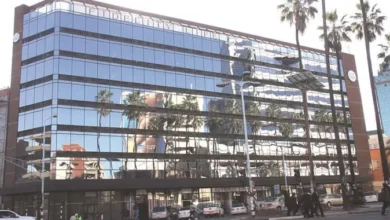Delta Corporation Records Strong Q3 Performance Despite Economic Challenges

Delta Corporation, Zimbabwe’s largest beverage producer, has reported strong demand across its product categories for the third quarter ended December 31, 2024. This comes despite a challenging operating environment characterized by power outages, water supply disruptions, and varied consumer spending patterns during the summer peak season.
In its quarterly trading update, Delta noted resilience across its product lines, which include lagers, sparkling beverages, and sorghum beer. However, the company highlighted that the introduction of a sugar content surtax in January 2024 posed significant challenges, leading to price increases for soft drinks and cordials. The surtax impacted Delta’s price competitiveness, prompting an influx of regional imports and smuggling activities, further straining local sales.
Revenue and Performance Overview
Delta recorded a 1% revenue increase for the quarter compared to the prior year and a 7% growth for the nine months. This growth reflects mixed volume performances across its business units. While US dollar sales consistently exceeded 70% of total sales throughout the year, Delta paid a staggering US$31.2 million in sugar tax from February to December 2024.
Key performance highlights include:
- Lager Beer: Volumes grew by 4% during the quarter and 7% for the nine months, aided by investments in capacity and additional glass packaging.
- Sorghum Beer: Domestic volumes increased by 2% for the quarter but declined by 2% for the nine months.
- Sparkling Beverages: Volumes declined by 16% for the quarter and 1% for the nine months due to sugar tax-induced price increases and the rise in regional imports.
- Schweppes Zimbabwe: Reported a sharp 27% volume decline for the quarter and a 17% decline for the nine months, attributed to the impact of the sugar tax.
Operational Challenges
Prolonged water and power outages affected production and supply across Delta’s operations. However, the company mitigated these challenges through capacity investments and improved supply chain management. Despite disruptions, consumer spending remained resilient, supported by mining activities, government infrastructure projects, and steady diaspora remittances.
Delta also highlighted the performance of Nampak Zimbabwe, where packaging volumes declined by 25% due to reduced demand from a low tobacco crop, power cuts, and plant breakdowns.
Tax Disputes and Financial Implications
Delta is currently contesting tax assessments by the Zimbabwe Revenue Authority (ZIMRA) for funds it claims were payable exclusively in foreign currency. The disputed amount, now totaling US$73 million, covers value-added tax and income tax for periods between 2019 and 2022. Delta argues that local currency payments made during that time were eroded by inflation and currency depreciation.
To date, Delta has paid US$9.2 million under the “pay now, argue later” principle. The company remains hopeful for revisions to the payment plan and intends to use Treasury Bills receivable from the government to settle potential liabilities.
Outlook
Looking ahead, Delta is focused on strategies to stimulate demand and position the business for long-term growth. Despite the challenges posed by the sugar tax and operational disruptions, the company’s performance underscores its resilience in navigating Zimbabwe’s turbulent economic environment.
As Delta continues to invest in capacity and explore innovative ways to remain competitive, its role as a key player in Zimbabwe’s beverage industry remains undisputed.




